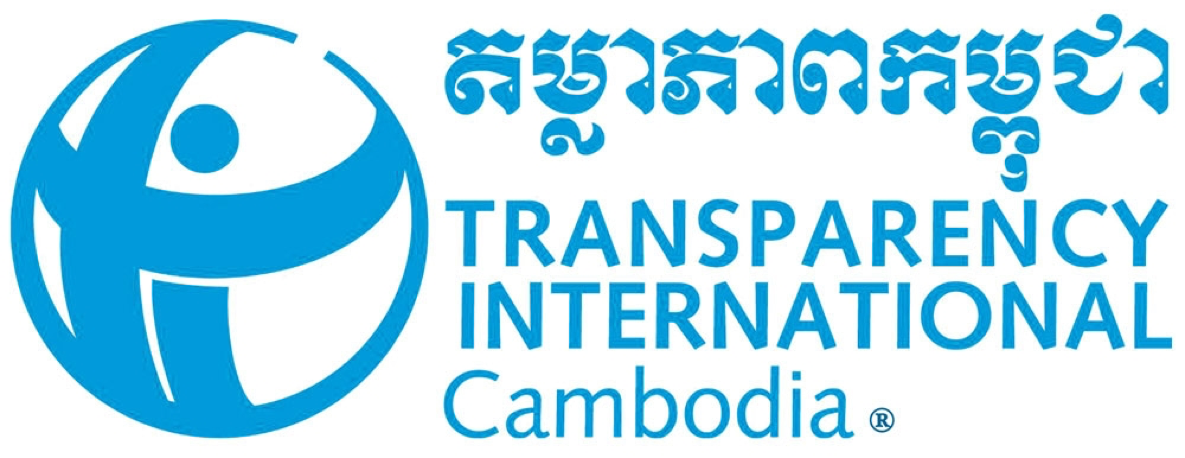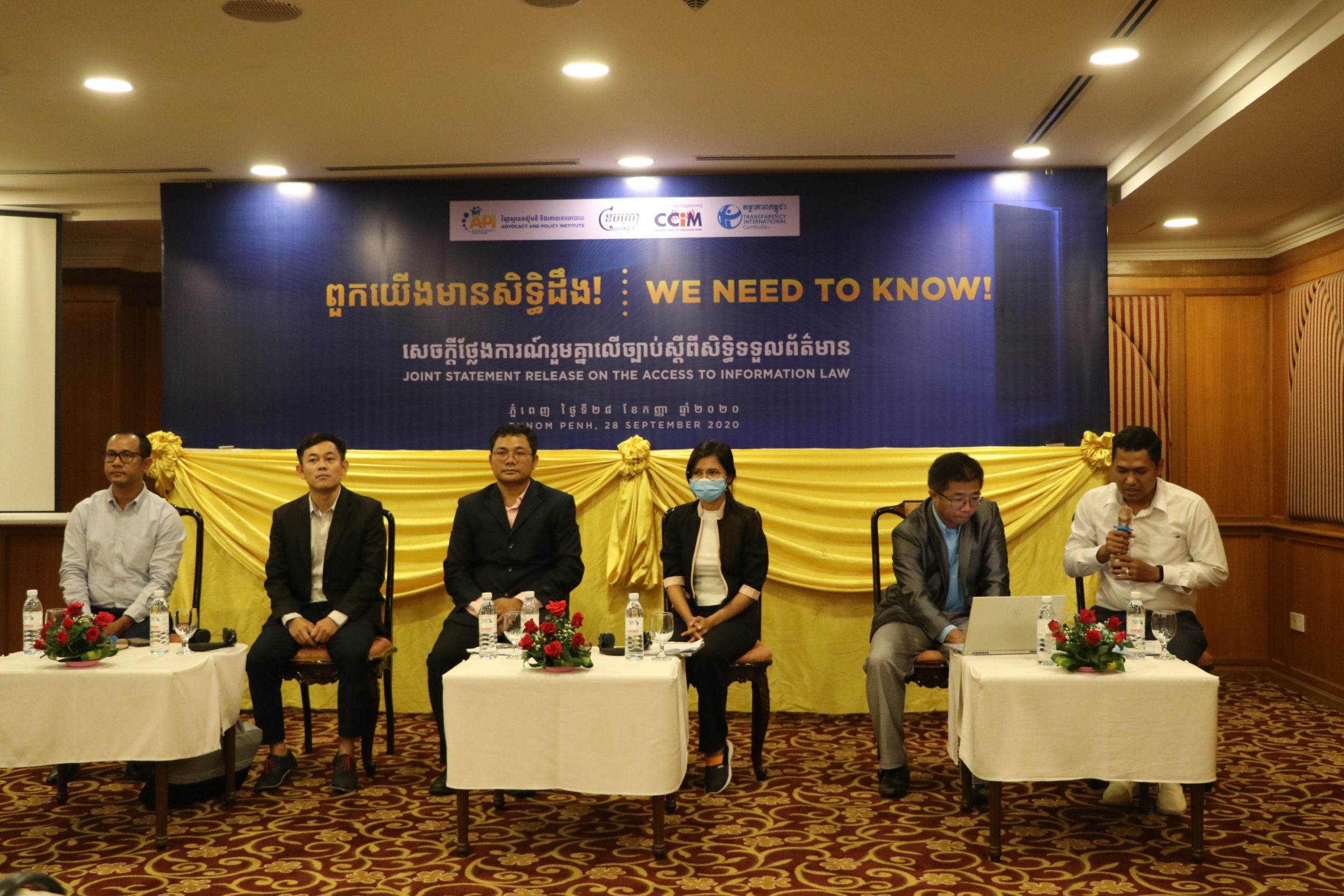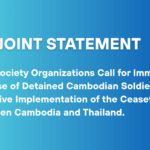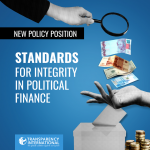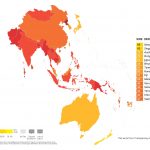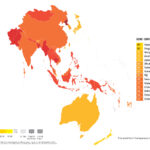We Need a Good A2I Law and We Need It Soon
More than 15 years have passed since the Royal Government of Cambodia first acknowledged the need for an access to information (A2I) law. Such a legal text was necessary, the official communiqué explained back in 2004, “in order to create transparency, reduce corruption and promote confidence in the Government”. And indeed, access to information is an essential condition of good governance and democratic participation on both the national and the subnational level. Only well informed citizens can meaningfully have a say in decision making processes which concern them. And only if documents and data are made public can journalists effectively monitor the activity of the government bodies, rather than speculating about it.
Access to information is also a fundamental component of the predictability of the overall legal framework, which in turn is key to a successful and thriving business sector, and therefore to economic growth and prosperity. As a fundamental right often associated with freedom of expression, access to information is vital for the non-profit sector as well. Civil society organisations mainly exist in order to represent the interests, ideas and beliefs of various social groups, as well as give a more structured voice to their concerns or advocate for their causes. Yet, in the absence of accurate information regarding the issues they care about, these organisations cannot perform their social role of monitoring developments in those particular areas and entering a fruitful dialogue with other actors, including government institutions. This dialogue, however, is crucial, if potential conflicts are to be avoided and if already existing ones are to be solved in a peaceful and rational way.
Against this background, our organisations have been constantly working towards the goal of an access to information law which meets international standards and is adopted following a broad participatory process. The commitment of the Royal Government of Cambodia to the drafting of an access to information law has been commendable, and overall, our organisations and other involved partners have regularly expressed their appreciation for these efforts. Especially under the auspices of the Ministry of Information and UNESCO, a better environment has been created for civil society organizations, development partners and other stakeholders to take an active role in the consultation process. A Draft for a Law on the Access to Information was first officially released in early 2018, and it has been updated several times since then, following consultations led by the Ministry of Information within the framework of the Technical Working Group.
Currently, this lengthy process is approaching its end, and it is hopefully only a matter of days or weeks before the draft is finally submitted to the Council of Ministers for approval. Both Chambers of the Parliament of Cambodia will then have to discuss and pass the legal text, but there are signs showing that, at this stage, we might be witnessing more speed in the procedure. Thus, both H. E. Vun Chheang, the President of the National Assembly Commission for Information and Media, and H. E. Hun Sen, have recently shown strong commitment to the cause of an access to information law. In January, the Prime Minister expressed his intention to push for the law to be adopted within this year.
While our organisations, together with various other civil society partners, welcome these recent developments, we would like to emphasise that more needs to be done if the legal text is to meet international standards and answer the needs of Cambodian citizens. As it has been repeatedly pointed out by legal experts and representatives of local CSOs, the draft is still not clear enough on what constitutes public information. In our opinion, this term should refer to any and all kinds of documents or data in the possession of public bodies or publicly funded private institutions, unless a particular piece of information falls in the category of an exception explicitly mentioned in the law. In its current form, the draft is restricting this definition to “official documents” held by the national or subnational administration (articles 3 and 4), and it also contains a blanket provision (article 20, point 7) under which the category of confidential information can be extended indefinitely, in the absence of a general presumption that all information is public unless explicitly labelled as secret (this presumption should be added to article 1).
In real life, this could mean that some documents concerning the public budget, for example, may not be released under the pretext that they are not “official documents”, or that they are being held by the Parliament, which is not part of the administration, or that they are somehow related to “the national economy and finance”, which is one of the broad exceptions admitted by article 20. Anything along these lines this would be, of course, unacceptable, since the budget is, by its very nature, public and there is a legitimate public interest and a right to know everything about how the budget is calculated, collected, managed and spent. This should clearly apply to all stages of the process (including early stages when documents are not “official” yet), to all levels of the administration and also to public money spent by private entities in the framework of public-private partnerships.
Furthermore, the current text stipulates that authorities must answer requests for public information within 15 working days (article 13). This, however, does not apply to repeated requests (article 15), and formalities are also expected to include irrelevant details such as the gender, age, nationality and occupation of the requesting person (article 11). Moreover, the sanctions for officials who fail to release public information are not spelled out clearly (article 29). In practice, this could mean that officials might pass judgement on the person of the requester, in some cases choosing, for instance, to provide a vague response to the first request, only to be able to later hide under the exception when the requester insists with a repeated request, because they know that, eventually, even if they do not comply with the spirit of the law, they do not have to fear concrete sanctions. Therefore, here, our demand is to reduce the legal term for answering requests from 15 to 5 working days, to remove irrelevant details about the requesting person from the formalities, to allow an unlimited number of repeated requests under the same conditions, and to stipulate concrete sanctions against officials who do not comply with the provisions of this law.
Last, but not least, as many of our civil society partners have repeatedly emphasised, the current text does not offer enough protections for officials and other citizens who release or disseminate information unveiling illegal behaviour (“whistle-blowers”). Nor does the current draft clarify that such information may not be classified as confidential or that officials who attempt such a classification in order to cover up wrongdoings must be sanctioned. Both the experience of other countries and recent developments in Cambodia support the idea that there is a need to explicitly protect whistle-blowers by clearly exempting them from any form of prosecution, as well as to explicitly sanction officials who try to cover up corruption or mismanagement under the guise of confidential information. These provisions should be added to article 25.
Our organisations are confident that the Council of Ministers and the Members of the National Assembly and Senate will be taking these points into account when they start discussing the law later this year. This would not only serve the interest of Cambodian citizens, but it would also increase the international credibility of the Government, which, in these times of crisis, is essential in order to insure access to financial markets, investments and development aid. And, finally, it would clearly help achieve point 16.10 of the Sustainable Development Goals (SDGs), as well as all the other SDGs in a more efficient, transparent and durable manner.
As we are preparing to celebrate the International Day of Access to Information on September 28, we would like to express our deep conviction that only a vibrant civil society can be the partner governments need in order to achieve the Sustainable Development Goals in the countries they serve.
Phnom Penh, on Monday, 28 September 2020
This statement is endorsed by:
- Advocacy and Policy Institute (API),
- Anakot Kumar (AK)
- Cambodian Center for Independent Media (CCIM)
- Cambodian Human Rights and Development Association-ADHOC
- Cambodian Journalists Alliance (CamboJA)
- Coalition of Cambodian Farmer Community (CCFC)
- Community Poverty Reduction (CPR)
- Khmer Association for Development of Country Side, (KAFDOC)
- Kratie Disable People Organization (KDPO),
- Mlup Promviheathor Center (MPC)
- Nak Akphivath Sahakum (NAS)
- Ockenden Cambodia,
- Ponlok Khmer
- Rural Friend Community For Development (RFCD)
- Star Kampuchea (SK)
- Tekdey Sovannaphum (TDSP)
- Transparency Cambodia (TI)
- The Coalition for Integrity and Social Accountability (CISA)
- Village Support Group (VSG)
 English
English